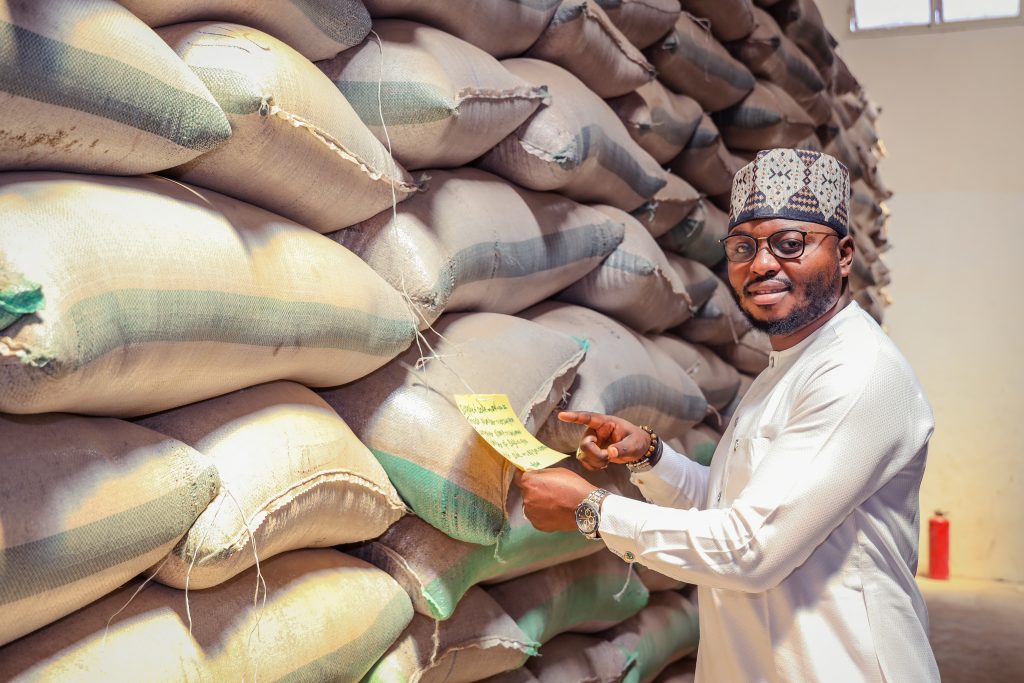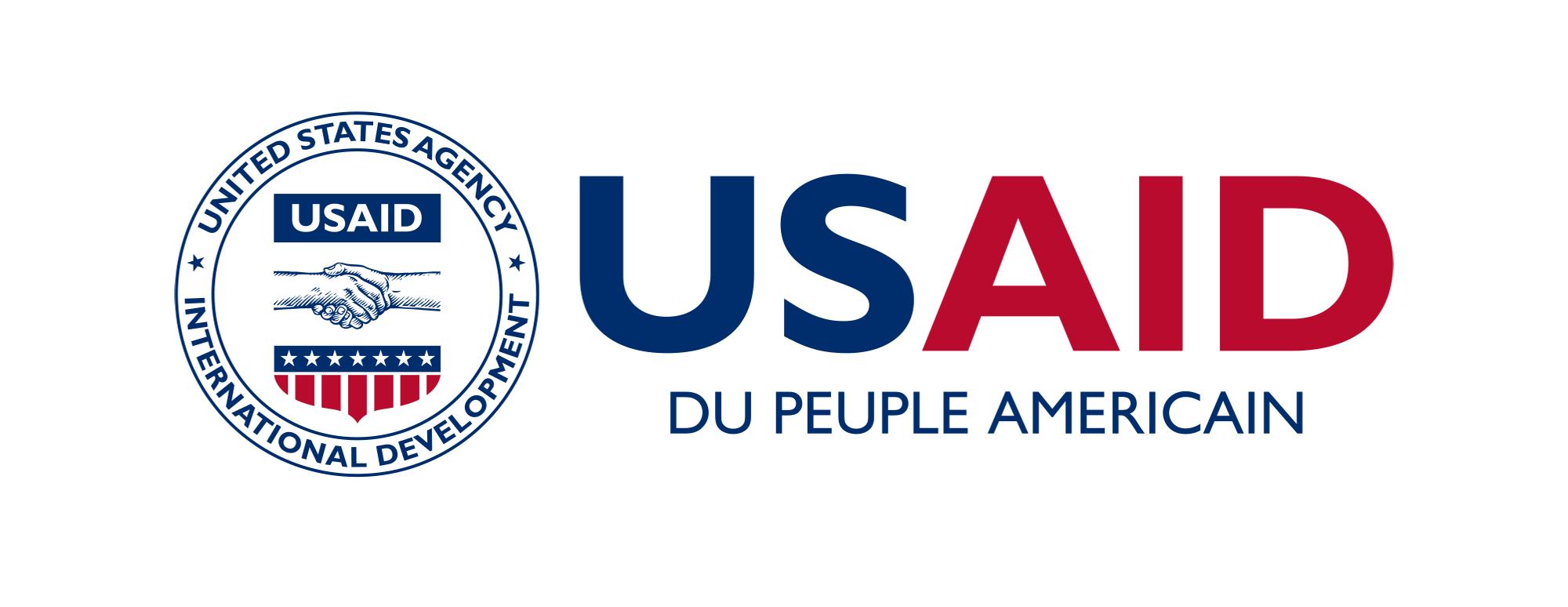By Michael Adaji, Communications Specialist
In Nigeria, high-end food producers rely heavily on imports because locally produced grains often fall short of basic food quality standards, attributed to the incapacity of local agribusinesses to generate and deliver substantial quantities of food-grade grains. However, with the disruption caused to global supply chains and imports by the COVID-19 pandemic, came a new window for local actors like Adefunke Desh Nigeria Limited (ADN) also known as Arzikin Noma, to creatively explore opportunities to scale local supply and trade of high-quality grains to these premium food producers.
Unfortunately, for Adefunke Desh, just like before the pandemic, up to 30 percent of the grains it supplied were still being rejected, partly due to poor quality.

According to Ugochukwu Oguike, Adefunke Desh’s Chief Operating Officer, “We had to deal with up to 30% rejection rate which meant that three out of every ten trucks we sent from our factory were rejected. Now, with each truck costing us up N24,000,000 per 30MT of soya, our losses were around N18,000,000 per every ten trucks because we had to sell below market value to feed millers.”
To avoid the reoccurrence of this revenue loss, ADN revaluated its operations and began a process to reposition itself to its original vision of becoming Africa’s leading and most sought after agro-allied supply chain for best quality grains by 2030, while ensuring strategic partnership for food security and sustainability through a climate-conscious engagement.
Pursuing this vision, in 2021, ADN received a co-investment grant worth $1.7 million from the USAID West Africa Trade and Investment Hub (Trade Hub) to scale up its operations, improve competitiveness, and boost the incomes of its partner smallholder farmers (Outgrowers) by increasing supplies of high-quality maize, soybean, and sorghum.
Through this grant, ADN addressed challenges surrounding its subpar grains quality. Through the implementation of an outgrower scheme, ADN provided participating farmers with input finance, along with comprehensive training on modern agronomy and grain handling. Additionally, the firm made significant improvements to its grain storage, cleaning, and haulage capabilities, thereby fully leveraging its previously underutilized grain cleaning facility.
This endeavor involved upskilling existing employees and recruiting additional staff to oversee field and factory operations. Remarkably, after just two years of implementing the co-investment grant, ADN surpassing the initial project target of mobilizing 3,000 farmers on 3,000 hectares of land to generate $5.2 million in sales revenue, mobilized 6,498 farmers to cultivate 5,677 hectares of farmland and generate $6.7 million in sales. Importantly, these numbers represent men, women, and youths who are now living better lives because of the increased incomes they enjoy as a result of the Trade Hub/Adefunke Desh partnership.
“Prior to this, I only got an average of 10 – 20 bags from a hectare of maize farm, but with this support, I was I able to harvest 46 bags. I am happy about this as I use my increased income to support my family”. – Binta Suleiman, Farmer.
Furthermore, in terms of infrastructure, the co-investment partnership facilitated the construction a 40,000 MT warehouse, supplementing the existing 10,000 MT warehousing capacity. Additionally, the partnership led to the establishment of four new 3,000-MT capacity SILOs, a weighing bridge, a 20MT/Hr sorting machine and the purchase of five DAF 35-MT trucks for haulage activities. These developments are evidence of the firm’s growth and enhanced capabilities resulting from their partnership with the Trade Hub.
“As a result of our activity with the trade hub, we have been able to achieve a zero-rejection rate with our most premium client, Nestle. This is the result of an improved laboratory facility, an enhanced logistics fleet to reduce haulage time, and farmer training on the backward integration that has enabled the production of premium-quality grains, which has improved raw material input to the factory in a sustainable manner.” Adeoluwa Michael Adeshola, Adefunke Desh Nig. Ltd.
Also significant is the socio-economic impact of the grant, as Adefunke Desh was able to create 287 jobs for youths. The establishment of a new business entity, Arzikin Noma, within the outgrower space has empowered 371,000 farmers with inputs, extension service, training, and access to premium markets. Notably, aligning with its vision of becoming Africa’s leading agro-allied supply chain for high-quality grains, Adefunke Desh, through Arzikin Noma, is piloting its successful outgrower model in Kenya, with plans for expansion across Africa.

The remarkable journey of growth demonstrates Adefunke Desh’s impactful transformation, particularly highlighted in Nestlé Nigeria PLC’s recent acceptance and consistent 100 percent offtake of its grain supply, exceeding 12,000 MT annually.
From an entity that had challenges fulfilling orders in 2019 to becoming a profitable job-creating enterprise in 2023, Adefunke Desh is evidence of the transformative potential of a strategic investment such as the USAID West Africa co-investment grant in Nigerian agribusinesses. Through the production and supply of premium grains, such agribusinesses like ADN contribute to livelihood empowerment and future food security across Africa.

